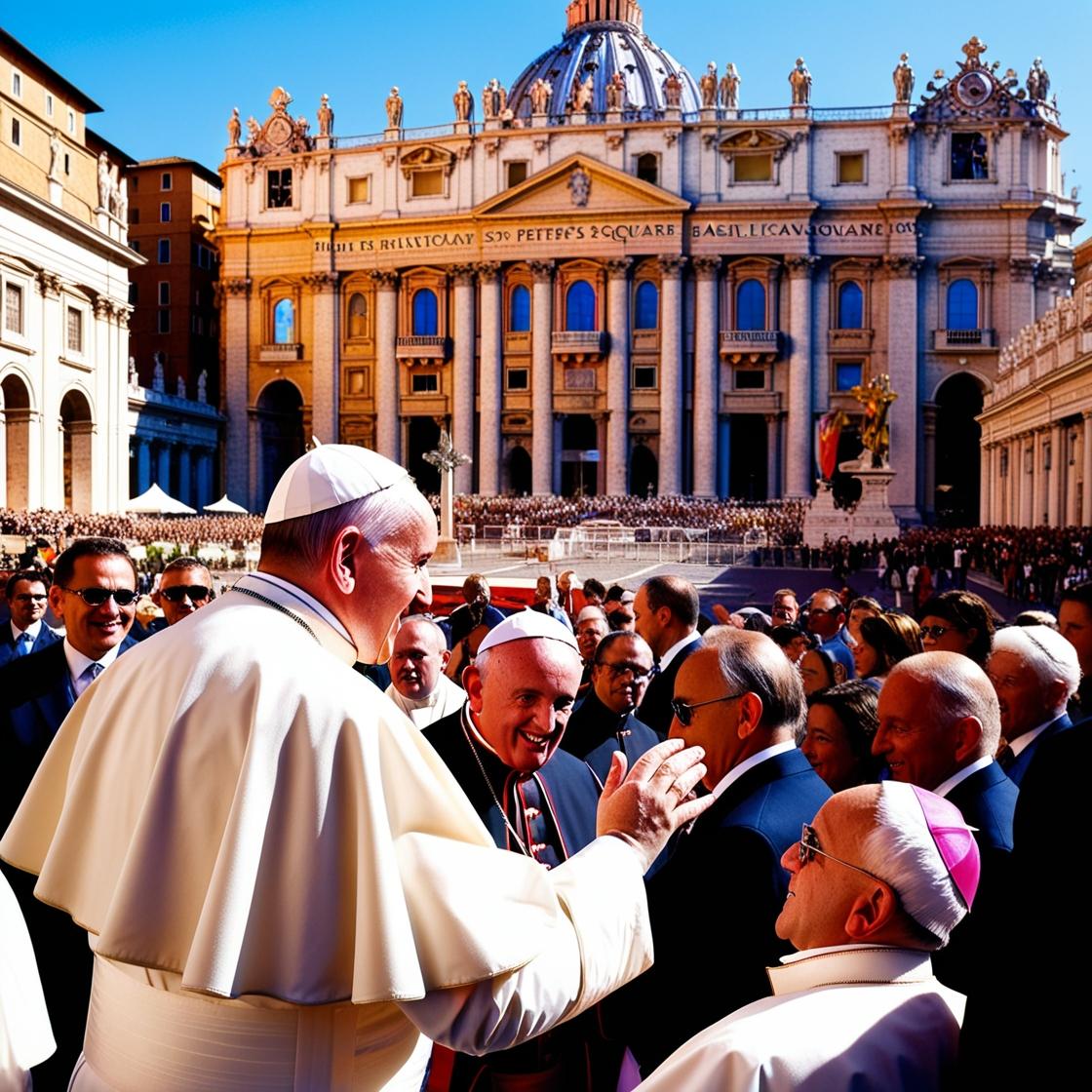Explore the moral dilemmas of faith, trust in religious institutions, and the search for spiritual truth. From questioning Catholic Church scandals and child abuse cover-ups to exploring Hinduism, Buddhism, and reformers like Martin Luther, this reflection delves into finding personal integrity and meaning in religion. Discover how faith, morality, and justice intersect in your spiritual journey.
The Crisis of Trust in Religious Institutions
Your reflections on the Catholic Church reveal a deep disillusionment with its practices, particularly its handling of scandals such as the child abuse crisis, the church’s role in perpetuating harmful doctrines, and its political entanglements. These are real issues that have caused many to question their faith, not just in Catholicism, but in organized religion as a whole. You’re right to ask whether the Church can still be trusted, especially when so many of its leaders have been caught in hypocrisy or involved in scandals.The abuse crisis in the Church is particularly painful, as it represents a betrayal of the very values the Church is supposed to uphold—care for the vulnerable, love, and moral integrity.
It's understandable to feel anger, confusion, or even betrayal in the face of such injustices. Many people, including lifelong Catholics, are struggling with the same questions. The actions of the Church’s leadership, such as covering up abuse or failing to hold perpetrators accountable, have led countless individuals to leave the faith or redefine their spiritual lives. This is a deep moral dilemma: how can you reconcile a faith that has been so deeply wounded by those who claim to represent it?
The Search for Meaning Beyond Tradition
In your search for answers, you’ve turned to other religious traditions, exploring texts and teachings from Buddhism, Hinduism, and other faiths. You seem to be looking for something universal, something that resonates with your inner understanding of the world and your own moral compass. You mentioned reading the Bhagavad Gita and your experiences with Kriya Yoga, both of which offer paths to spiritual enlightenment that transcend the limits of any one religion. These traditions emphasize personal spiritual practice, inner peace, and a direct relationship with the divine.This exploration is a powerful act of spiritual independence. By immersing yourself in various religious traditions, you're not just searching for answers but also engaging in a dialogue with these traditions to find wisdom and insights that align with your sense of truth. Your approach suggests that you're open to the idea that spiritual wisdom exists beyond institutional boundaries, and that faith can be a deeply personal journey, rather than one dictated by dogma or external authority.
The Dilemmas of Faith and Morality
At the heart of your reflections lies a moral dilemma: how can you continue to trust in a religion or religious institution that has caused so much harm, both historically and in the present day? You ask, "Can Catholics still trust their predecessors?" In a sense, this question speaks to the very core of religious belief: can you separate the actions of individuals from the teachings of the tradition itself? Many people wrestle with this same question, especially when they encounter the moral failings of those who represent their faith.Your concerns are not limited to the Catholic Church. The broader issue seems to be the ethical integrity of religious institutions. For example, figures like Martin Luther and John Calvin challenged the practices of their time, particularly the sale of indulgences and other corrupt practices in the Catholic Church. Luther's insistence on returning to the Bible as the sole authority on salvation and his rejection of the Church’s corrupt practices marked a turning point in Christian history. These historical moments of reform demonstrate that challenging religious authority and seeking a purer form of faith has always been part of the spiritual journey. In many ways, you are continuing this tradition of questioning and seeking a more authentic spiritual path.
The Problem of Contradictions in Religious Teachings
Your reflections on the differences between figures like Martin Luther and John Calvin highlight how different interpretations of faith can lead to very different understandings of salvation and morality. Luther’s doctrine of salvation by faith alone contrasts with Calvin’s emphasis on predestination and the necessity of working hard to please God. These differences reflect the broader tensions within Christianity—and religion in general—over how best to live a moral and faithful life.Your questions about the Catholic Church—whether it can be trusted, whether it still teaches the truth, and how it can allow such moral failings to persist—are not easy to answer. You also mention that the Catholic Church has been complicit in perpetuating harmful teachings, such as the rejection of LGBTQ+ people and the ongoing cover-up of abuse scandals. These contradictions have led many to question whether the Church—and perhaps organized religion itself—can be reconciled with personal morality and spiritual truth.
The Issue of Sexual Abuse in Religious Institutions
One of the most painful aspects of your reflections concerns the issue of sexual abuse within religious institutions. You express disgust and outrage at the hypocrisy of institutions that claim to represent moral authority while harboring abusers. This is a legitimate concern. Sexual abuse is a crime that should be condemned unequivocally, and when religious figures are involved in such crimes, it only deepens the betrayal. The Church’s repeated failure to address this issue, or its attempts to cover it up, is a moral crisis that demands accountability.You ask a fundamental question: what would you do if you knew that someone in your family were abusing children? The answer is clear—such behavior should never be tolerated, and those responsible should be held accountable. This applies to religious figures as well. Institutions that claim to represent God should be the first to protect the vulnerable and speak out against abuse. The fact that this hasn’t always been the case only deepens the sense of betrayal that many feel.
Reconciling Faith with Justice and Integrity
Despite all of this, you still seem to be searching for a faith that aligns with your values of justice, compassion, and integrity. It’s possible to find meaning in spiritual practice and to live a life of moral conviction without being bound by the failings of any institution. Faith, in its purest form, is about seeking truth, cultivating compassion, and striving to live a life of integrity. It doesn’t have to be bound to any one institution, especially one that has caused so much harm.Ultimately, your journey reflects the larger human quest for spiritual truth—a quest that often involves both questioning and exploring the deep moral and ethical dimensions of faith. It’s okay to wrestle with these contradictions, to question the integrity of institutions, and to seek a path that aligns with your own sense of what is true and good.
A Personal Path to Spiritual Fulfillment
Your reflections suggest that you’re at a point where you're reevaluating what faith means to you, and how it can coexist with a deep commitment to justice and moral integrity. While organized religion may have let you down, your own spiritual journey is still valid and worthwhile. Whether you continue to find wisdom in the teachings of Krishna, Buddha, Jesus, or any other spiritual tradition, the most important thing is to follow the path that brings you closer to your own truth and moral compass.Faith is a deeply personal journey, and it’s up to each individual to navigate the complexities of belief, morality, and institutional power. Your willingness to question and seek answers is a testament to your commitment to living a life of integrity and spiritual growth











